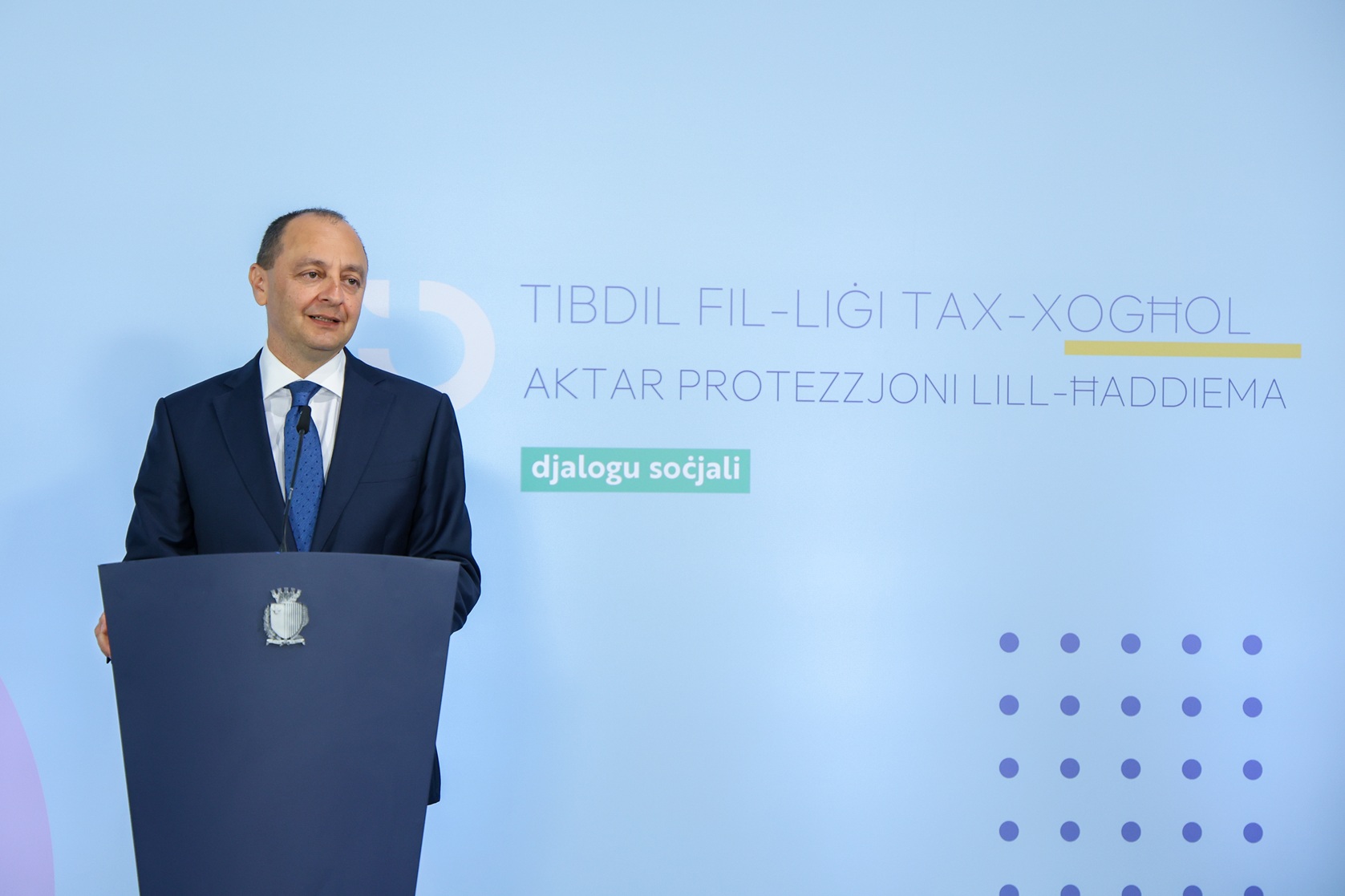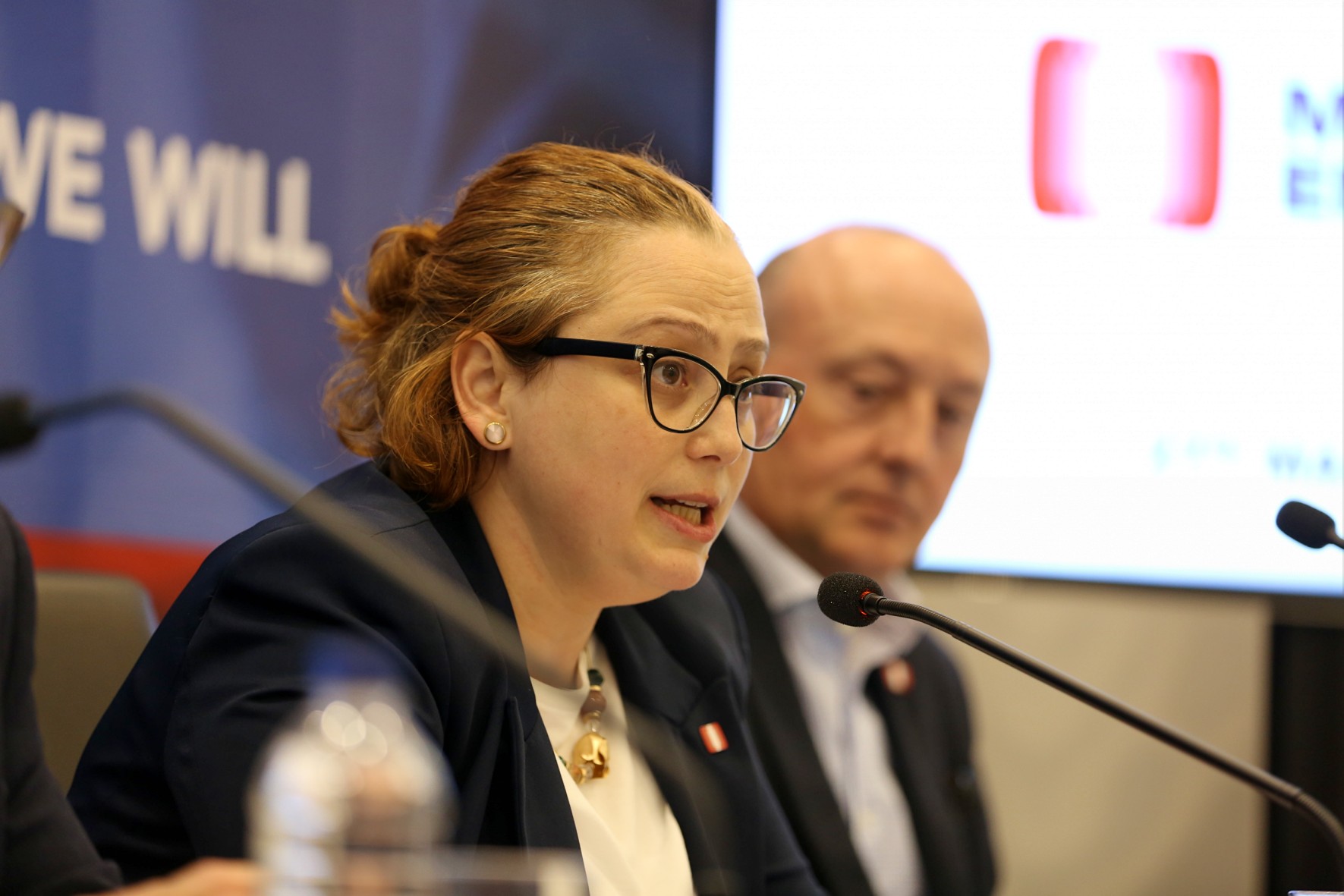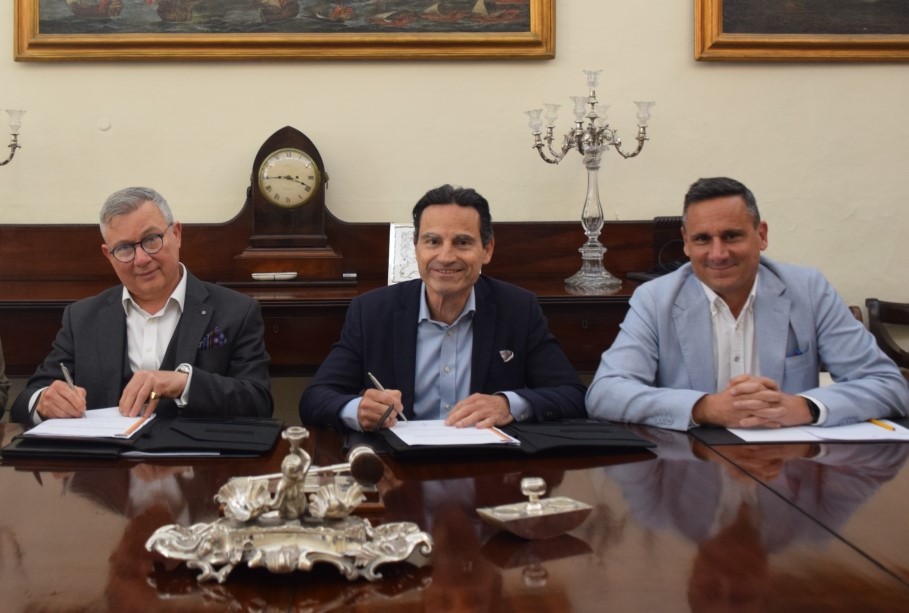Malta’s youth population down by 15,000 in 10 years: What does this mean for the labour market?
'The challenge today goes beyond attracting talent – it’s about retaining it'
255 third-country nationals ordered to leave Malta in first quarter of 2025
Returns across EU rise, but Malta’s numbers remain modest
New legal notice grants employees right to pay transparency – of a sort
Employers are encouraged to seek legal advice to ensure compliance and to prepare for future legislative updates
Three-quarters of women aged 15-64 are in work – NSO
The labour force grew by 4.3% in the first quarter of 2025, reaching a total of 327,643 individuals
Stronger worker protections introduced through labour law amendments
The Government has announced tougher penalties for employers who breach labour laws, aiming to strengthen worker protections and deter abuse
How do salaries in Malta compare to the rest of Europe?
A new analysis has revealed how full-time adjusted salaries compare across the European Union
Employee shortage remains top concern for Malta’s SMEs
The issue of labour supply has consistently topped the list across successive surveys
Intel plans to cut over 20% of staff in major overhaul
Intel's new CEO has told the company 'hard decisions' need to be taken
Malta’s labour market grows steadily as registered employment rises in November 2024
The total labour supply – excluding part-timers – stood at 292,552
Malta’s online freelance workforce surges by 135% but still lags behind globally
According to a new report, Malta’s share of the global freelancers is now at 0.03 per cent
Malta Employers 60th AGM sheds light on future direction and reinforces commitment to good governance
A major focal point of the AGM was the importance of good governance in the country’s economic and regulatory landscape
More than half of Maltese workers are partially or fully remote
An overwhelming 74% of EU workers said they preferred to work remotely at least a few times a month
The Malta Chamber and National Skills Council sign MoU to enhance labour market insights
The insights gathered will support the development of government policies
Employment in Malta continues to grow, but wage disparities persist
The latest NSO Labour Force Survey reveals steady job growth in Malta, but not all industries are benefiting equally
Malta’s labour market transformation: Rapid growth and policy shifts drive employment surge
A newly published discussion paper by the Central Bank of Malta examines the forces shaping the country’s evolving workforce
Malta’s youth population down by 15,000 in 10 years: What does this mean for the labour market?
'The challenge today goes beyond attracting talent – it’s about retaining it'
255 third-country nationals ordered to leave Malta in first quarter of 2025
Returns across EU rise, but Malta’s numbers remain modest
New legal notice grants employees right to pay transparency – of a sort
Employers are encouraged to seek legal advice to ensure compliance and to prepare for future legislative updates
Three-quarters of women aged 15-64 are in work – NSO
The labour force grew by 4.3% in the first quarter of 2025, reaching a total of 327,643 individuals
Stronger worker protections introduced through labour law amendments
The Government has announced tougher penalties for employers who breach labour laws, aiming to strengthen worker protections and deter abuse
How do salaries in Malta compare to the rest of Europe?
A new analysis has revealed how full-time adjusted salaries compare across the European Union
Employee shortage remains top concern for Malta’s SMEs
The issue of labour supply has consistently topped the list across successive surveys
Intel plans to cut over 20% of staff in major overhaul
Intel's new CEO has told the company 'hard decisions' need to be taken
Malta’s labour market grows steadily as registered employment rises in November 2024
The total labour supply – excluding part-timers – stood at 292,552
Malta’s online freelance workforce surges by 135% but still lags behind globally
According to a new report, Malta’s share of the global freelancers is now at 0.03 per cent
Malta Employers 60th AGM sheds light on future direction and reinforces commitment to good governance
A major focal point of the AGM was the importance of good governance in the country’s economic and regulatory landscape
More than half of Maltese workers are partially or fully remote
An overwhelming 74% of EU workers said they preferred to work remotely at least a few times a month
The Malta Chamber and National Skills Council sign MoU to enhance labour market insights
The insights gathered will support the development of government policies
Employment in Malta continues to grow, but wage disparities persist
The latest NSO Labour Force Survey reveals steady job growth in Malta, but not all industries are benefiting equally
Malta’s labour market transformation: Rapid growth and policy shifts drive employment surge
A newly published discussion paper by the Central Bank of Malta examines the forces shaping the country’s evolving workforce















